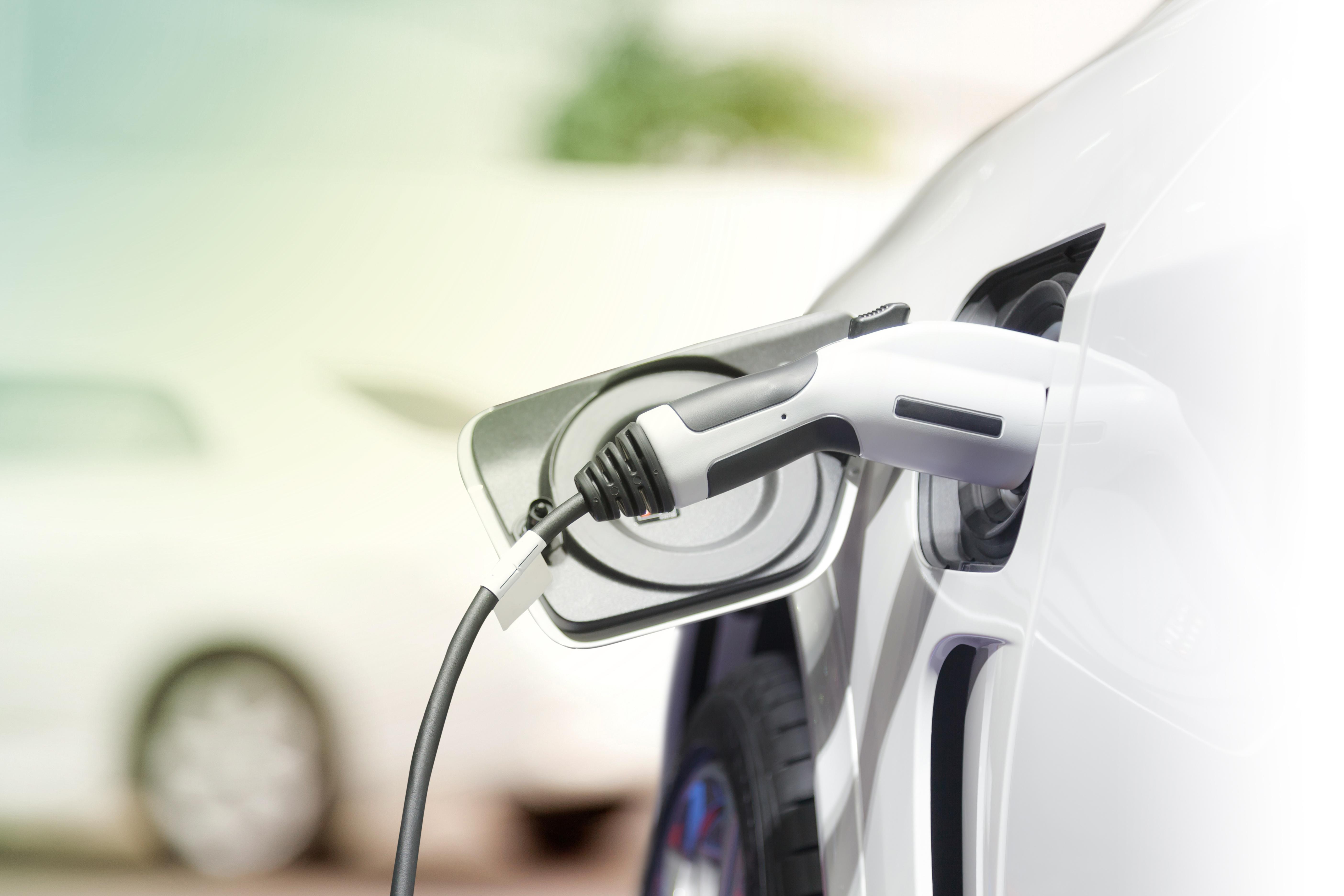China’s NEV Sales Drop Again: Effects on Tesla, NIO
In addition to China’s passenger vehicle sales, its sales of NEVs (new energy vehicle) also fell for the second straight month in August.
Sept. 10 2019, Published 2:55 p.m. ET

In addition to China’s passenger vehicle sales, its sales of NEVs (new energy vehicle) also fell for the second straight month in August. NEV sales growth had previously been a bright spot in the faltering Chinese auto market. Last year, NEV sales rose 62% YoY. July was the first month during which NEV sales saw a drop of 4.7% YoY.
As reported by Bloomberg, the global sales of EVs fell by 14% in July for the first time ever. While sales fell in North America and China, Europe registered a rise in EV sales.
Change in China’s subsidy policy weighing on NEV sales
The slump in EV sales in China seems to have continued well into August, with sales falling 15.5% YoY. The current slump in NEV sales is mainly the result of a change in China’s policy on subsidies. In June, China eliminated subsidies for NEVs with less than 250 kilometers (about 155 miles) of electric range. For higher ranges, it cut the subsidies in half. These subsidies helped automakers lower their costs and also made EVs affordable for consumers. A rollback in subsidies increased the prices of these vehicles, hurting demand.
Things are getting worse for NIO, BYD, and EV makers
Domestic electric car companies are reeling from the impact of these changes. China’s Tesla equivalent, NIO (NIO), has lost half of its value this year. Other issues, such as falling deliveries, battery recall, and the rollback of its expansion plans, are also affecting the company. However, a challenging macroeconomic backdrop is also taking a toll. China’s largest EV manufacturer, BYD (BYDDF), reported a sales fall for the second straight month in August due to the rollback of subsidies.
Rollback of subsidies: Advantage Tesla?
Tesla (TSLA), on the other hand, never benefited from the subsidies, which were meant only for domestic players. Therefore, if anything, the reduction in subsidies leveled the playing field for Tesla. CEO Elon Musk tweeted in June, “Only cars made in China are eligible for these subsidies. Tesla has never had access to them.”
China encourages NEV sales
China is also thinking of encouraging the sale of NEVs. According to Reuters, China’s state council has asked the local governments to encourage the purchase of NEVs. China is also exploring other ambitious EV sales targets. As reported by Auto News, citing people familiar with the matter, China is mulling mandating that 60% of auto sales be electric cars by 2035. It added, “The 2035 target would represent a 12-fold jump in the proportion of NEVs sold now, which stands at about 5 percent.” China’s push toward encouraging the purchase of NEVs could come as a shot in the arm for EV makers.
As domestic players are experiencing increased pressure due to the subsidy rollback, foreign automakers, including Volkswagen (VLKAF) and Toyota Motor (TM), are making an increased push to gain market share in the largest EV market in the world. Tesla will soon open a fully-owned Gigafactory in China. It’s expected to start producing the Model 3 in the country by the end of this year. We explain the implications of this factory on Tesla and China’s EV market in detail in Could Tesla’s China Gigafactory Be Its Secret Weapon?
